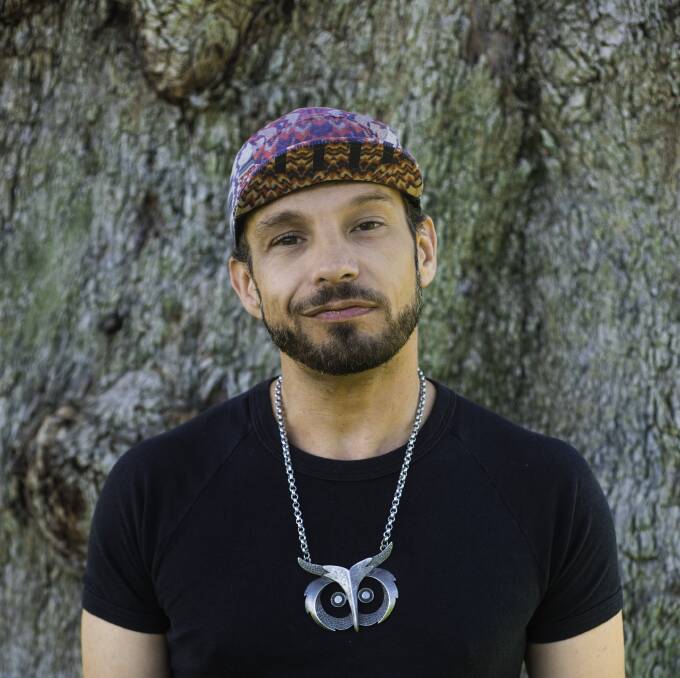
Scott-Patrick Mitchell has lived with thoughts of suicide since he was 14.
Subscribe now for unlimited access.
or signup to continue reading
On October 10, 2021 (coincidentally World Mental Health Day), he will turn 44.
"So that's 30 years I've lived with, what I can only describe as, the worst house mate in the entire world ...
"Living here, rent free," he says, fingers pointing to his head.
It is through poetry and performance - and some incredible therapists - that this acclaimed artist has found the ways to understand, process, and examine the "underlying symbols that are all part of my lived mental health experience ..."
But he also says the power of poetry is that it can connect with people in a way that is "akin to magic".
It "cuts through" the barriers to speaking about that which is often unspeakable.
Mitchell will join a line-up of Australian poets sharing their work and lived experiences in a collaboration with Albury's Survivors of Suicide & Friends to mark Mental Health Week (October 10 - 17).
The film initiative partners with Red Room Poetry, whose MAD Poetry project creates a safe writing space for emerging voices with lived experiences of mental health issues to express how they see the world.
It "explores by pen and page their experience of illness, institutions, recovery, self-care, and beyond".
Project manager David Stavanger says the initiative helps to change the narrative on mental health and take it out of a clinical environment.
"The mental health system relies on labels and so much of the national dialogue revolves around the clinical view, the political view, the societal view," Stavanger says.
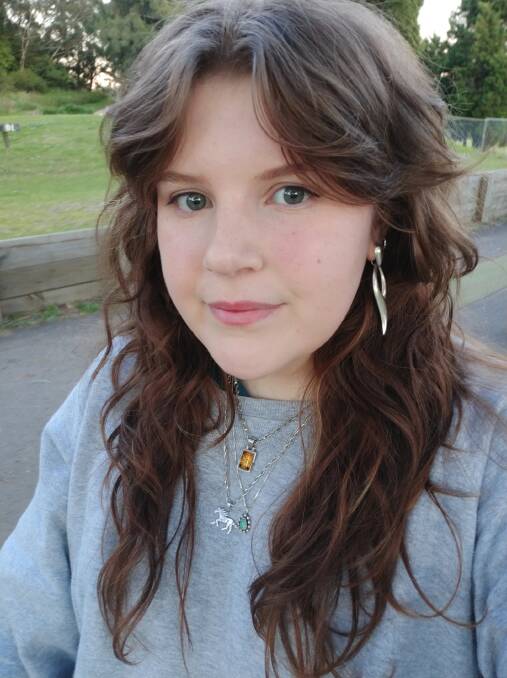
"We were interested in poets who document the lived experience - of their own mental health, of the mental health system itself, of being institutionalized, of trauma, and of suicidality.
"It's about who gets to control the mental health narrative ... this community is such an important part of that."
It's also a space where people can define themselves through their creativity - not their diagnosis.
"You don't need to know the diagnosis, just that they've been there," Stavanger says.
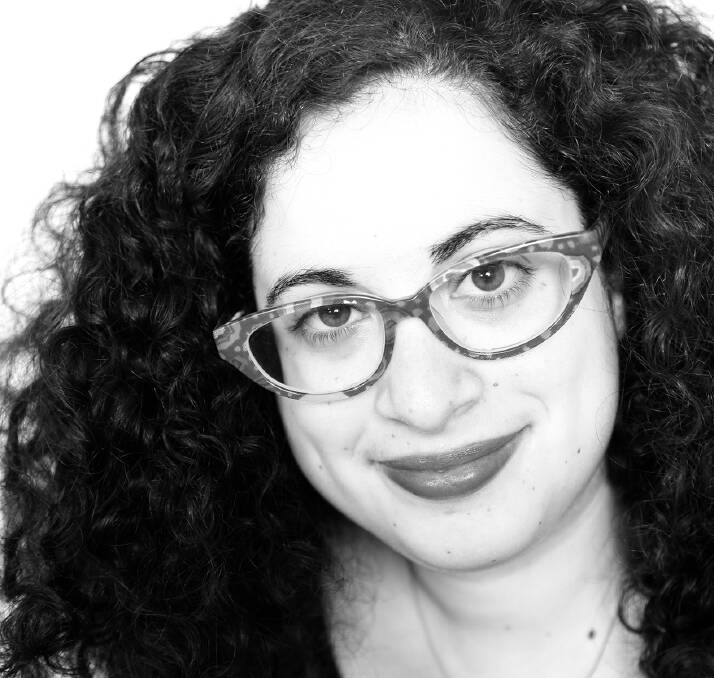
"It's letting the poetry do the work."
During Mental Health Week, an online video performance will be shared each day from poets including Mitchell, Anna Jacobson, Ruby Hillsmith, Mohammad Awad, and beatbox artist Hope Haami.
There will also be two special readings by Evelyn Araluen, who was part of this year's Albury-Wodonga Winter Solstice.
One is so very close to the hearts of SOS&F founders Annette and Stuart Baker - a poem called The Key, written by their 15-year-old daughter Mary before she took her life in 2011.
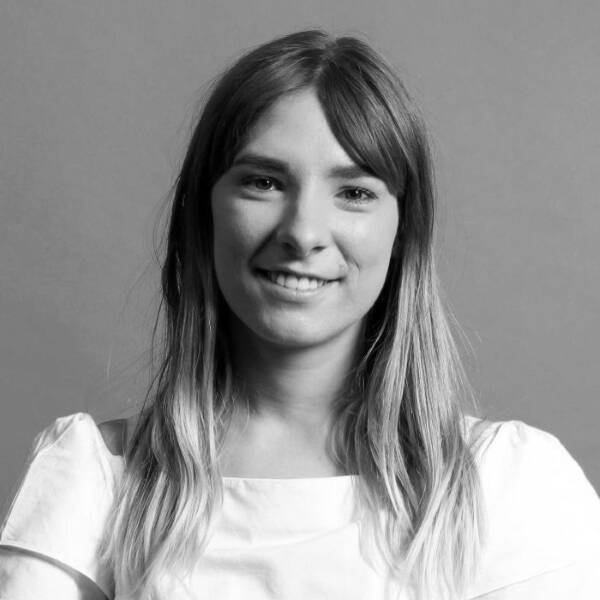
In a compelling reflection shared online this week, Araluen says she treasures the ability to be able to connect to herself - and others - through poetry.
"Ordinary speech is not enough when we talk about mental illness and mental health," she states.
"If it was, if the kinds of speech that we perform every single day to speak to our boss, to speak to the person we buy bread from; you know, these conventional, idiosyncratic speech acts that are really about just expediting your day ...
"If that language were capable to speak to suffering and isolation and alienation and indifference and apathy and the full spectrum of emotional turmoil that you can go through in an experience of mental health, yeah we wouldn't need poetry.
"But we desperately do."
Ordinary speech is not enough when we talk about mental illness and mental health.
- Evelyn Araluen
At 21, Mohammad Awad is the youngest peer worker and mental health worker in NSW history, currently based at Long Bay jail's forensic hospital.
He's an "everything", says Stavanger, who shepherds all the poets in his care with a gentle protectiveness
"Beautiful, compassionate, alive with spirit, and trauma; his story is incredible."
As part of Mental Health Week, Awad will share a poem that delves into suicidality, his experiences as a gay man seeking acceptance from his family and his history of mental illness since childhood.
"I think talking about it has kept me alive in a sense as well ... in a very significant, serious way," he reflects in a video that will be shared in the event's lead-up.
"I didn't think I would live this long, so I think talking about it was the key, was the thing that saved me.
"And ... most times that happened through poetry."
It is through sharing his lived experience that Awad says he has been able to understand other people and have people understand him "in a way that I never thought was possible".
"I think there's this big stigma around talking about mental health and when you finally do it, it's not that scary right?" he states.
Awad has often shared his poetry with those closest to him - his therapist, friends, "the people who care for me" - when he couldn't articulate his feelings.
"It helps."
And then there's the ripple effect of sharing his work with a wider audience:
"When people come up to you after an event and they're crying because you said something in a way they weren't able to say before, or articulated it and said it out loud - said the thing out loud ...
"I think it's really impactful."
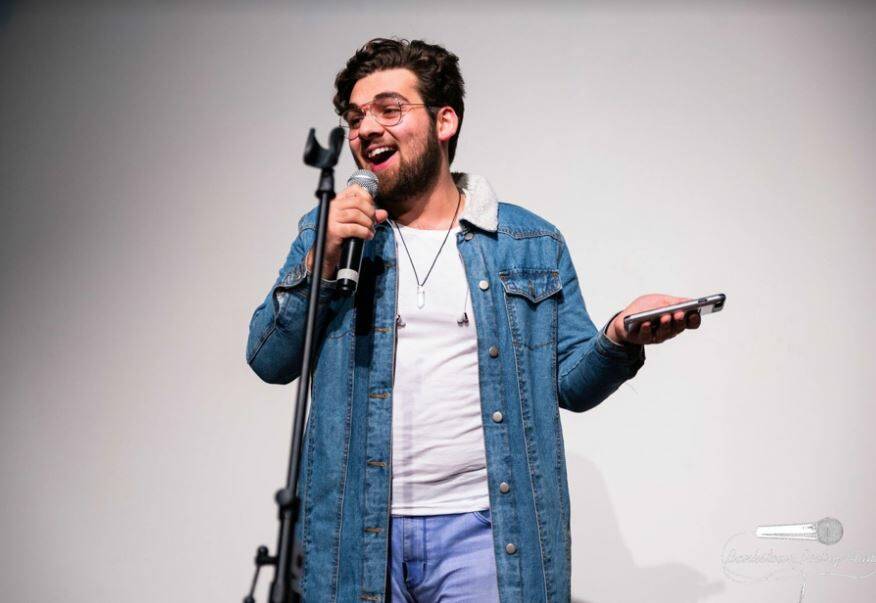
Stavanger says this collaboration with Survivors of Suicide & Friends is an important one; not only because it gives lived experience poets a voice to write about mental health on their own terms.
During October, MAD Poetry will also hold a free national online workshop and has put a call-out to emerging lived experience voices to submit their work as part of a new anthology.
"We are known for working with people in a safe way; it takes trust to commission around something like suicide," Stavanger says.
"But this (SOS&F collaboration) is an opportunity to extend the space out and to showcase what can be the upside to having a diagnosis - the creativity that comes with a vivid imagination.
"A lot of the poems are really beautiful and we want people to be able to engage with them."
"Here's the thing about trauma, it builds bars around being.
... I have become proficient in writing the word 'help' backwards."
(From 'My body is a window' by Scott-Patrick Mitchell).
When Mitchell shares his poem with Border audiences next month, he hopes it finds "the people it needs to reach".
"I hope my poem reached someone and held them and made them feel seen," he says.
- For details on MAD Poetry projects visit redroompoetry.org/projects/mad-poetry/
- Some people may find this article triggering in relation to mental illness, medication, self-harm, and suicide. To connect with supports or a crisis line, go to survivorsofsuicide.org.au/services/

